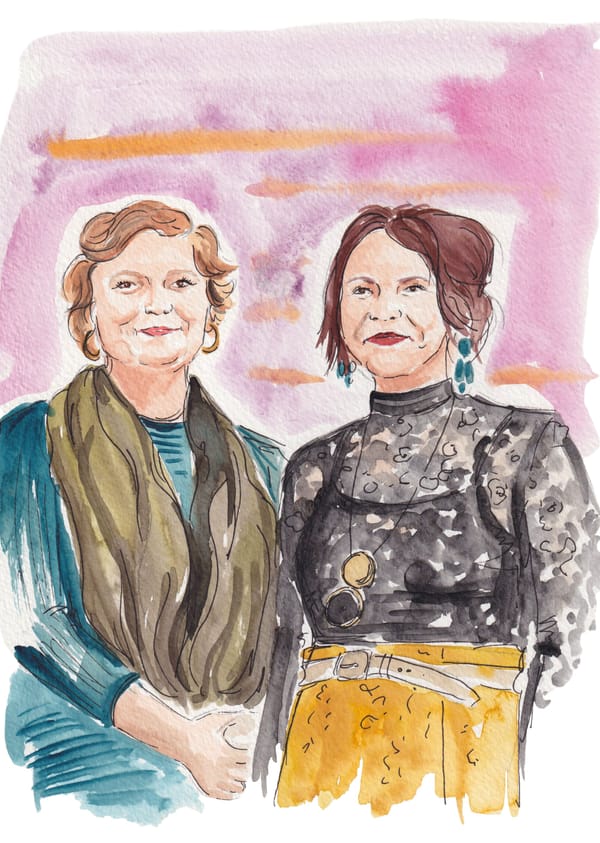When Did Boy Mom Culture Become So Problematic?
There’s science to back up the idea that parenting boys is different—but social media has made it weird.

My mother used to tell me a story from when she was pregnant. She was desperate for a girl; she’d had three brothers growing up and the last thing she wanted was a repeat of that experience.
Boys, in her mind, were slugs-and-snails clichés: dirty, smelly, loud, unruly, and emotionally stunted compared with their female counterparts.
Perhaps to nudge fate, Mom picked out the perfect name for a girl and a million cute little dresses. Then, a close friend gave birth before her, and Mom’s heart sank. “Louise had a girl,” she’d say at this point in the story, “and I knew then that I’d probably end up with a boy.”
I wasn’t a boy, of course. Mom was delighted—over the moon.
It’s a story I asked to hear over and over again as a child, because it showed me how much I was wanted. But it’s also a story that burrowed its way into my psyche and came out the other side looking very different. Because when I became pregnant with my first and only child (shoutout to other members of the “one and done” community), I was genuinely taken aback to find out—at eight weeks, via a routine blood test—that I was having a boy. By the look on my mother’s face when I told her, so was she. I could tell she was disappointed for me.
As for me, I didn’t know how to feel. I had two half-sisters; all of my cousins were girls. I’d spent most of my career writing about feminism. What did it mean to raise a boy?





